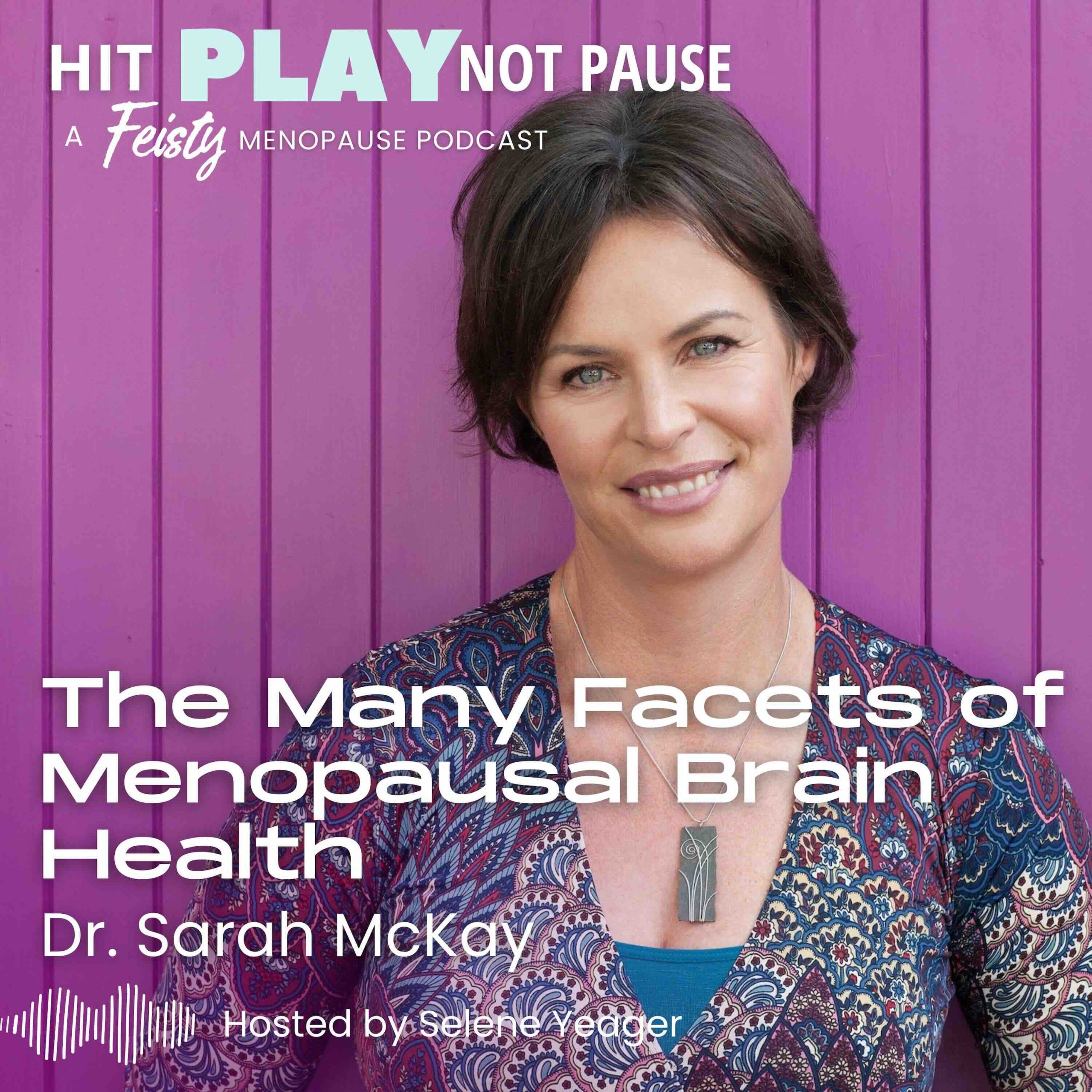June 5, 2020
The Power of Image in Triathlon

This article was originally published in June 2018
by Sika Henry
Believe it or not, I don’t like change. I love routine. It makes me feel safe. Once I’m accustomed to something and in my comfort zone, I feel no need to deviate. However, one of the best things that the sport of triathlon has taught me is that, if I want to develop and improve, “change” is necessary. It doesn’t come easy and I have to make a conscious effort. But when I embrace “change”, it opens the door to a world of possibilities.
Something that I’d like to see change – the lack of diversity in triathlon. I know I know…“Why does everything have to be about race?” This is probably the most common question I see in the comments section of articles on diversity and inclusion. Why do we need to keep talking about race, gender, and equality? Well, because nothing will change if we don’t talk about it and address it. History shows that there is no growth without change.
From a personal standpoint, I’ve had a wonderful introduction to the sport. I have never felt excluded. I’ve met some of the most humble, generous, and welcoming people. There is a lot of good that I see in the sport – like equal prize money for men and women – that doesn’t exist in other sports. However, what personally touches me is that (according to USA Triathlon) African Americans currently make up only 0.5% of the sport. A half of one percent! Why is that? The list is too long to name everything so I’m going to keep it simple and focus on what I feel are the top 3 barriers.

1) Swimming. Nearly 70% of African Americans lack basic swimming skills. This is a huge problem. Believe it or not, access to pools and cost of membership only account for part of the reason. (Historically) segregation and (generationally) fear are the biggest hurdles. As Dr. Lisa Ingarfield so powerfully stated in The Crux of the Matter – Diversity in Triathlon, the effects of historical and systemic exclusion and oppression are still felt in multiple ways today. And swimming – or lack of – is one place where the hands of time still take hold.
Segregation did not end fully until 1964. That’s really not that long ago folks! Because African Americans weren’t allowed to swim in public pools (racial segregation) they would go to lakes with no lifeguards which would often lead to drownings. Parents inevitably became protective and guarded their kids against swimming. Statistics show that children who can’t swim typically have parents who can’t swim. It is an intergenerational issue.
2) Financial limitations (this applies to all races). Let’s face it. Triathlon is an expensive sport! There is no other way to put it. In fact, this has been a personal struggle of mine as I chase my pro card. Now don’t get me wrong, triathlon can be done on a budget. Especially if you are a beginner and just looking to cross the finish line. I did my first one in a bathing suit, on a hybrid bike, in a pair of old trainers. But once you catch the “bug” and start racing more frequently with goals of improving – setting a PR, winning your age group, or perhaps turning pro – it can drain your wallet. Which leads me to ponder, “how does a potential world champion from an economically depressed background make it in this sport?”
3) Awareness. While this may be third on the list, it is in my opinion, the number one impediment. Since I joined this sport the thing that sticks out most is how unaware African Americans are of the sport. “What does it involve? You bike, then run, then what?” or “Oh that race in Hawaii that they show on tv. Wait, there are shorter distances?” I have heard it all! You can learn how to swim and you can borrow tri gear, but if you aren’t even aware that the sport exists how can you participate? I believe the lack of awareness can be tied to marketing, specifically to minorities, as well as image – lack of African Americans competing at the top of the sport. And this is where I feel a personal obligation to contribute to a sport that has been so good to me. I may not have the time to give swim lessons, and I definitely don’t have the finances to make an impact, but I can help bring awareness.
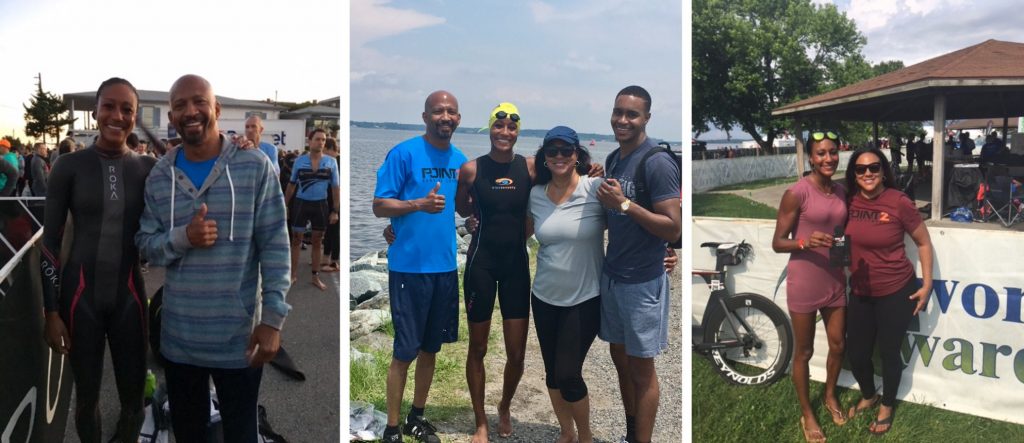
Everyone who participates in the sport of triathlon recognizes its benefits – physically, mentally, emotionally, psychologically. Thanks to triathlon I’m fitter now than when I was a 20-year-old collegiate athlete. It has made me better at my job, I have formed long lasting friendships, and it has allowed me to share amazing moments with my family.
Awareness and image can be incredibly impactful. Sometimes just seeing that something is possible can have a domino effect. Remember that 4-minute mile barrier? And how about women returning to competition after childbirth? Hello Mirinda Carfrae, Meredith Kessler, and Gwen Jorgensen! Being able to see what is possible, what can be achieved, is a driving force in my life. Did Dominique Dawes bring more African Americans to gymnastics? I’m not sure, but I do find it fascinating that 16 years later Gabby Douglas won gold in London, and 4 years after that Simone Biles won gold in Rio.
For the record, I don’t think triathlon needs to fill some quota or reach a certain demographic percentage. For me, it is about showing that it is attainable and beneficial. You can play basketball, football, and run track. But you can also swim, skate, and do triathlon.
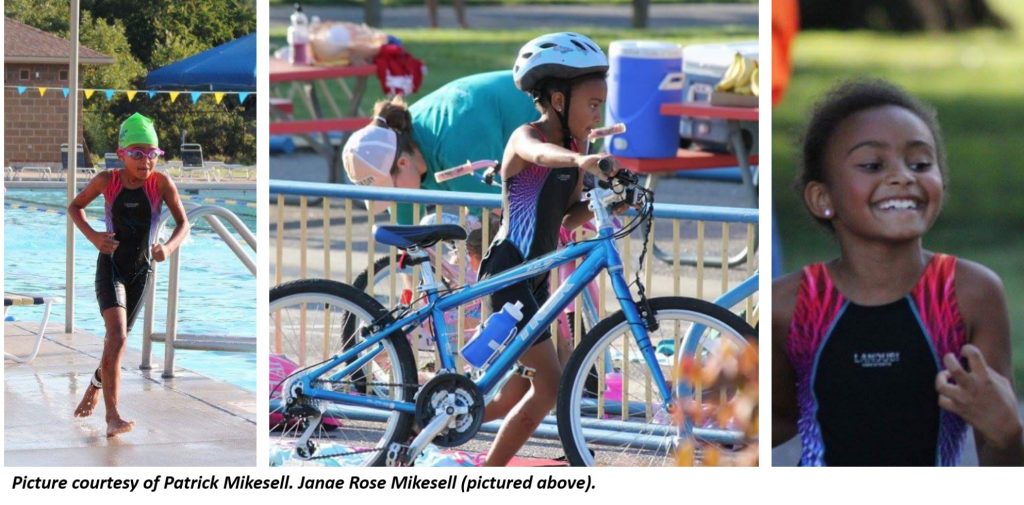

Sika Henry is a triathlete, two-time marathon winner, and a former collegiate high jumper. Sika graduated from Tufts University with a degree in Economics. She lives in Newport News, VA, where she is an Analyst for Ferguson Enterprises. Her ultimate goal is to become the first African American woman to turn pro in triathlon. Sika is passionate about increasing diversity within the sport and enjoys sharing her race experiences on her blog: why-i-run.blogspot.com and Instagram page. She can be reached at Sika.henry@ferguson.com


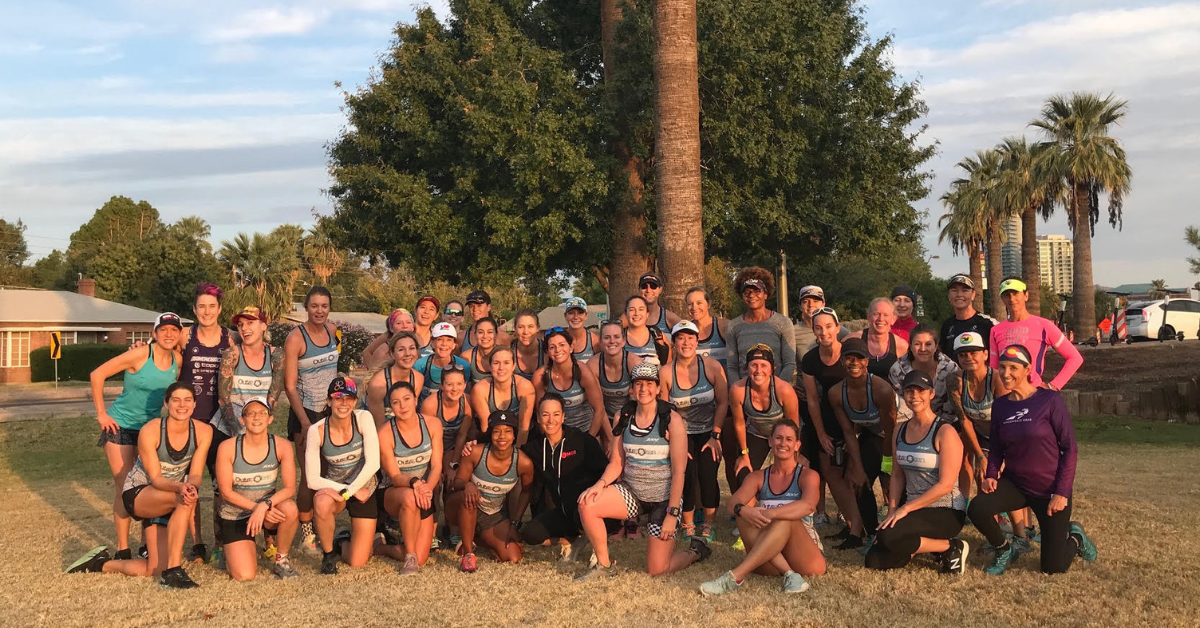 Outspoken Women in Triathlon Summit Returns Bigger than Ever
Outspoken Women in Triathlon Summit Returns Bigger than Ever  Driving the Lamborghini: Productivity and the Power of Paper
Driving the Lamborghini: Productivity and the Power of Paper 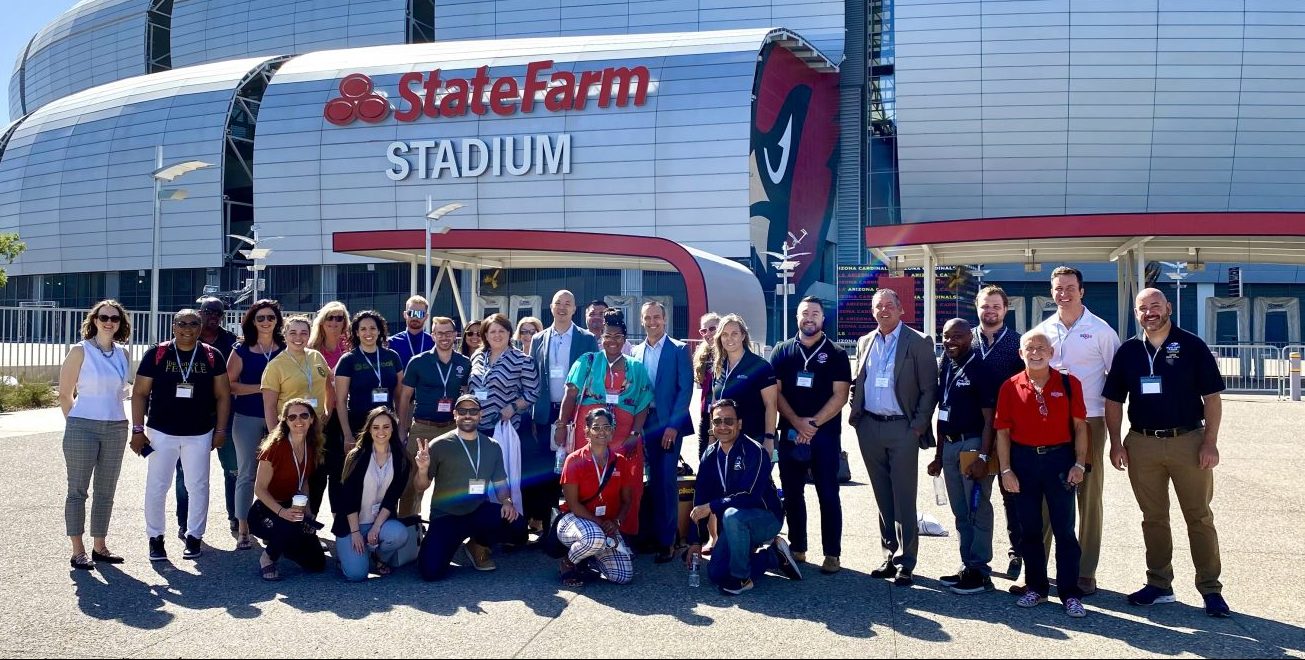 5 take aways from the Compete Sports Diversity Summit
5 take aways from the Compete Sports Diversity Summit  Simple Tips to Hone Your Bike Handling Skills
Simple Tips to Hone Your Bike Handling Skills 

